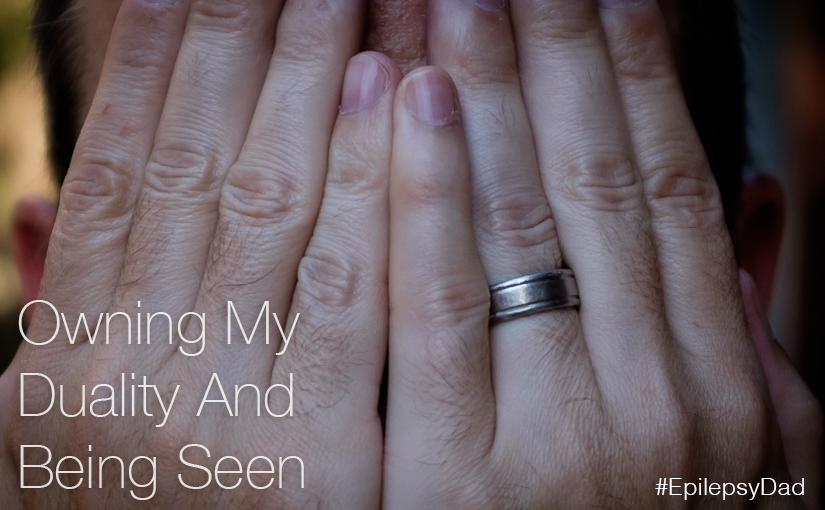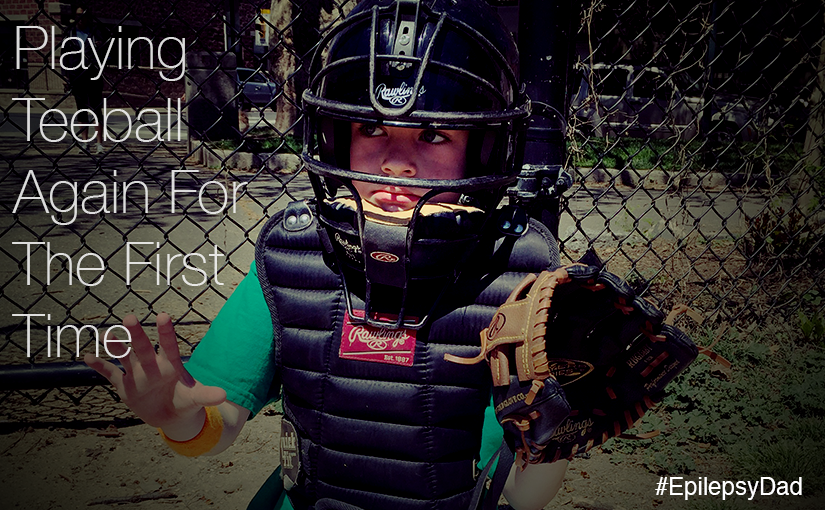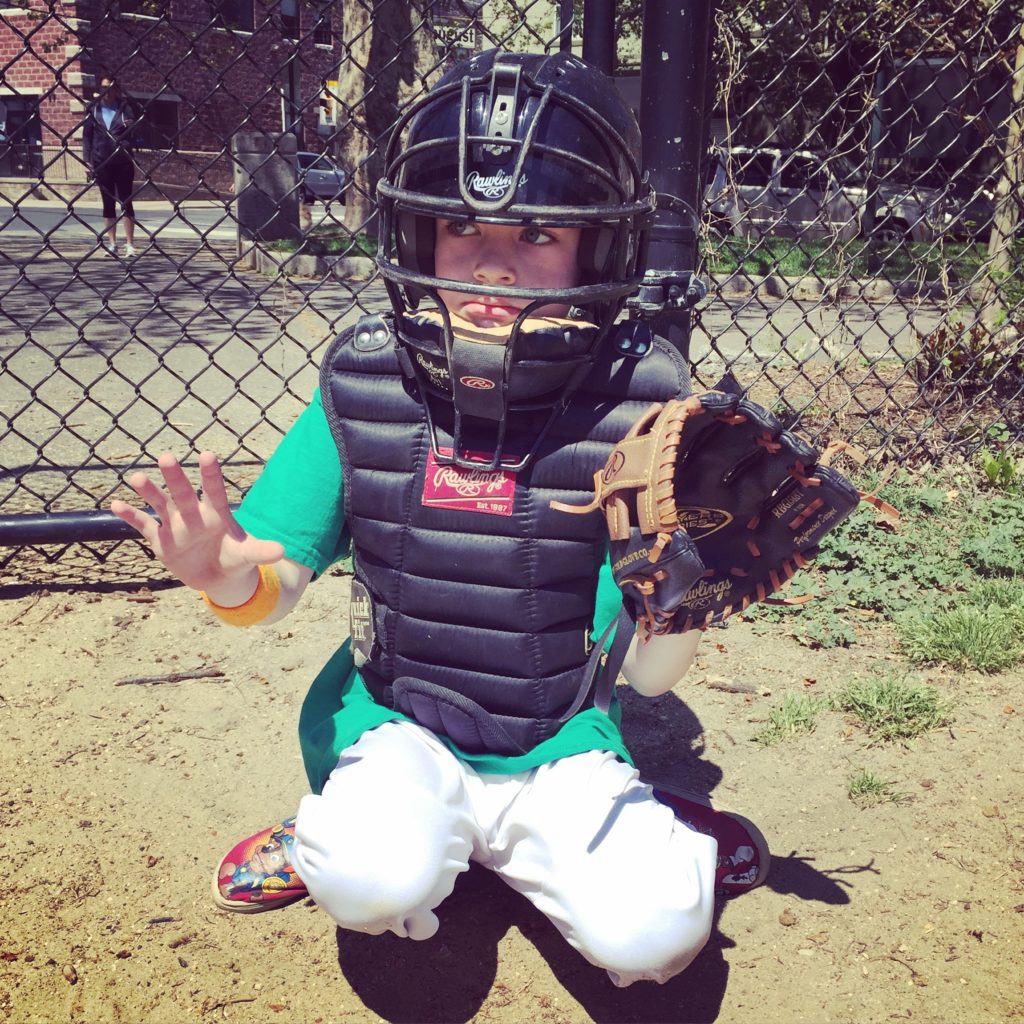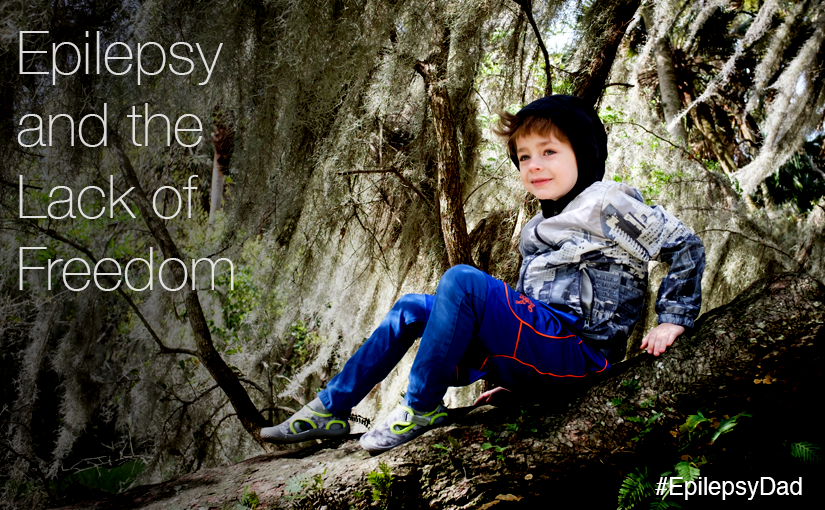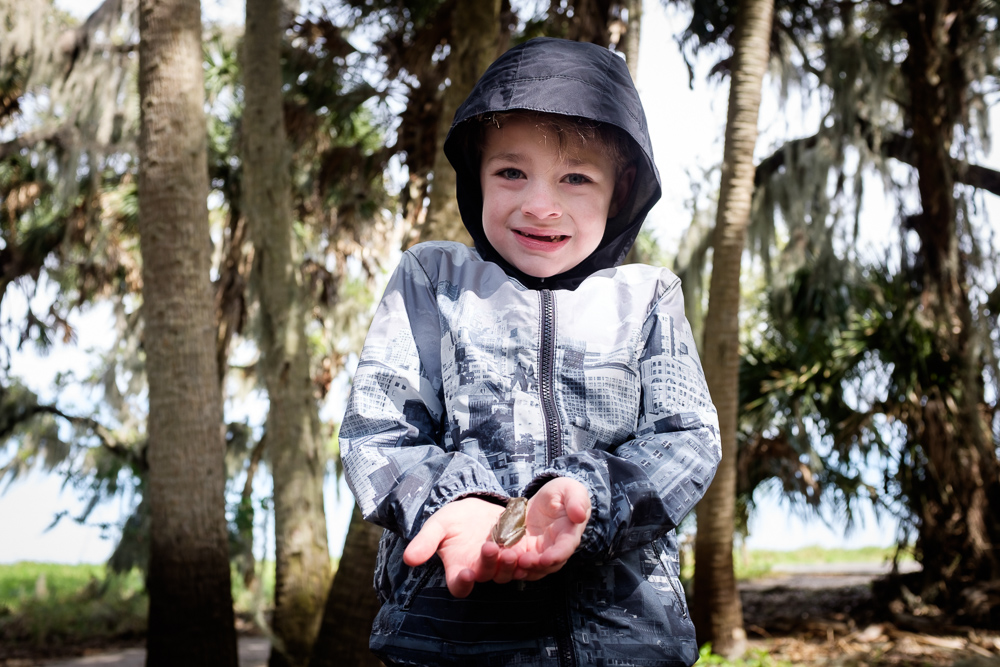“Well,” I said, “twenty minutes before I got here, I watched my son have a seizure on the living room floor.”
The room fell silent.
What had started as a casual conversation about our personal lives and what we allow to escape turned in to an honest conversation about what it means to really know another person, and I dropped a bombshell.
I felt the emotion in my voice as the statement left my mouth. The quivering that comes from keeping my despair in check. I thought of the other seizures he had that day, and the one he had at 3AM as I walked in to his room. He was on the floor, changing his pajamas because he had an accident from an earlier seizure when another one hit him. As I reached him, his slurred words told me he had another bad seizure, and he cried.
I didn’t bring that up, though, so in the grand scheme of things, it was only a little bombshell. But it was enough. Maybe too much.
I rarely talk about those details. While friends, families, and coworkers occasionally ask how my son is doing, those glimpses can’t tell the full story. His condition is central to our experience, but the details of what we go through every day rarely cross the invisible boundary between our world and the one outside our walls. When I step out my door, I leave that struggle at the threshold and become the person that I need to be to fit the situation that I am entering.
There is a wonderful Ted talk by Ash Beckham where she talks about owning our duality. We should not be polarizing in our views…we shouldn’t have to choose between this or that. Instead, we can be both. Ash didn’t have to choose between being an aunt and an advocate, she could be both. She could hold those two things at the same time. Through compassion, empathy, and human interaction, as complex individuals, we are capable of holding so much more. She goes on to say that if people don’t see those things we hold or those things that we are, then they can’t truly see us.
I went back to that video as I was writing this post. I thought about how I don’t connect deeply with many people, and I wondered how much of that was because I don’t let those pieces of myself come out. I’m expecting to somehow build meaningful relationships without sharing those things that are most important in my life. If people aren’t given the opportunity to see how deeply I am affected by what is happening to my son, then how can I expect them to see me?
I need to own my duality. I need to be able to hold many things. And I need to be able to share those things with the people around me if I ever hope to build the types of relationships that are built on compassion, and empathy, and on truly being seen.
It’s not an easy task. It’s not easy to change the years of programming and overcome the societal expectations of men that left me closed and guarded and hidden. But it’s important. Maybe one of the most important things I can do for myself, and certainly an important example that I can set for my son so that he doesn’t go through his complicated and difficult life alone. He, too, will be many things at once, and I would like for him to be able to be those things at the same time, and to be seen for the brave, resilient, complex, and special individual that he is.
